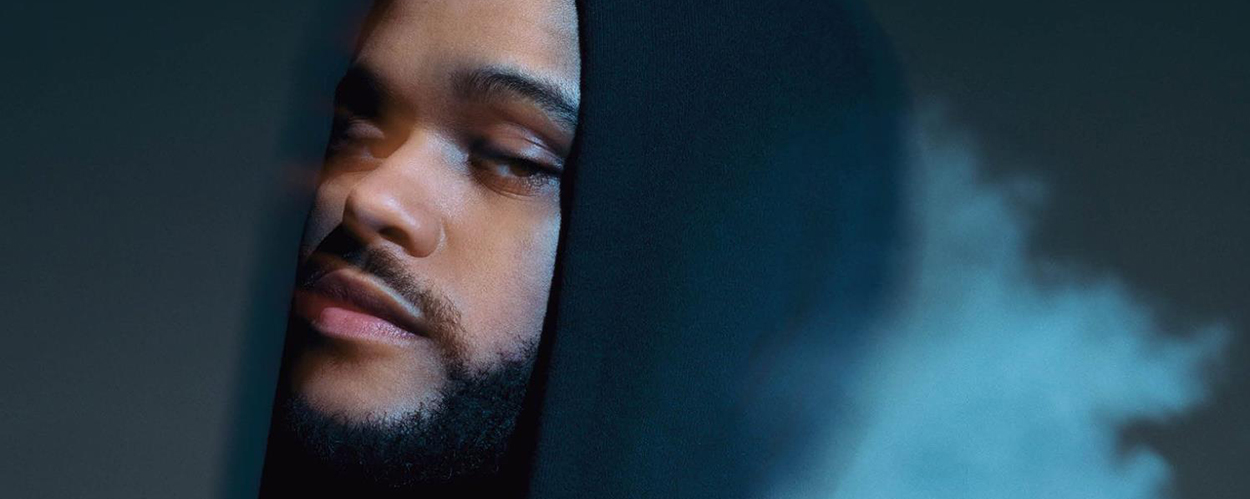This website uses cookies so that we can provide you with the best user experience possible. Cookie information is stored in your browser and performs functions such as recognising you when you return to our website and helping our team to understand which sections of the website you find most interesting and useful.
Artist News Business News Labels & Publishers Legal
The Weeknd has move to dismiss song-theft lawsuit dismissed denied
By Andy Malt | Published on Monday 11 November 2019

The Weeknd has had an attempt to get a song-theft lawsuit dismissed denied. British songwriters Brian Clover, Scott McCulloch and Billy Smith are attempting to prove that The Weekend’s song ‘A Lonely Night’ ripped off a track they wrote fifteen years ago.
Various claims made by the trio, including contributory and vicarious infringement, were thrown out by the judge overseeing the case in August, but they were given the opportunity to amend and resubmit their litigation.
They did so in September and, in his latest move, The Weeknd – real name Abel Tesfaye – was attempting to have part of that amended claim dismissed. However, the judge denied this, saying that the case met the “plausibility standard” to continue.
Clover, McCulloch and Smith accuse Tesfaye of ripping off their song ‘I Need To Love’ on his track ‘A Lonely Night’, which appears on the 2016 album ‘Starboy’.
Around the time they wrote the song in 2005, they did a deal with the publishing wing of London management company Big Life, which then started pitching three of their works, including ‘I Need To Love’, to artists and labels.
The original Big Life Music songs business was then bought by Universal Music Publishing in 2008. Eight years on, Universal told the trio that, as their songs hadn’t been picked up by any artists, it was relinquishing its control of the three works.
Two weeks after they were dropped by the publishing business, the recordings side of Universal Music released ‘Starboy’, which enjoyed global success, topping the US album charts. ‘A Lonely Night’ was track twelve on that LP, credited to seven co-writers, none of who were Clover, McCulloch or Smith. This despite, they claim, the two songs being “substantially similar”.
According to Law360, Judge Percy Anderson said on his latest ruling: “The court concludes that the [amended complaint] alleges sufficient well-pleaded allegations to plausibly allege the secondary infringement and state law claims as alternatives to the unchallenged claim for direct copyright infringement”.
Although their claim has been limited from that which they originally submitted, a legal representative for the trio said that they are “encouraged” by the court’s latest motion.





